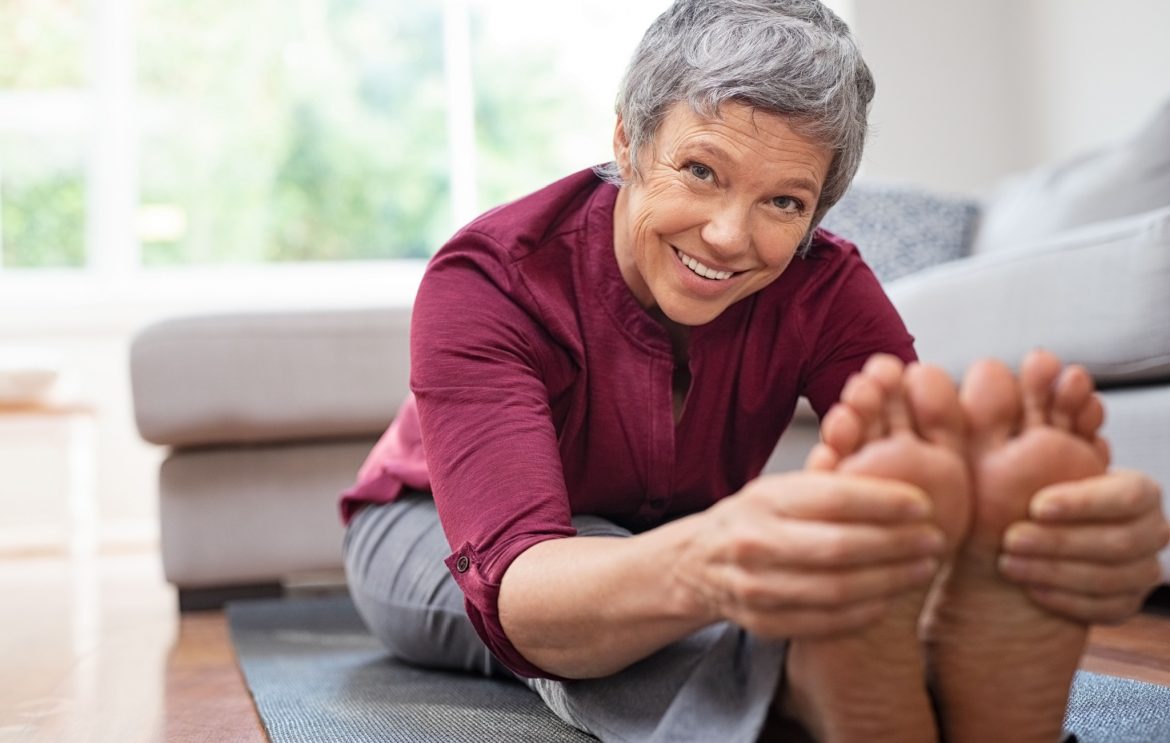Self care might sound like a purely individual concern, but healthy lifestyle choices serve a vital social function. Poor consumption patterns can lower productivity, reduce life expectancy, and inflate healthcare costs, especially those related to metabolism, heart disease, and mental health. The World Health Organization (WHO) claims Noncommunicable Diseases (NCDs) like “are collectively responsible for 74 percent of all deaths worldwide” and a large percentage of those are preventable.
In 2013, the WHO issued a Global Action Plan, making policy recommendations “for the prevention and control” of NCDs. This plan was later updated with nine global targets set for 2025. Goals included a 30 percent reduction in our global salt intake and tobacco use, along with an increase in screenings and interventions for obesity. In 2019, the plan was updated again and extended to 2030.
Not to be left out, the United Nations 2030 Agenda for Sustainable Development — humbly titled “Transforming our World” — also featured NCDs as a global challenge to be addressed. Implementing action steps for self-care, however, is a finicky matter: it really depends on the individual, his unique situation, the resources available, and personal preferences.
Self-care is defined by the National Institute of Mental Health (NIMH) as “taking the time to do things that help you live well and improve both your physical health and mental health.” Exercising, eating healthy, and getting plenty of rest are core aspects of self-care. The NIMH also recommends relaxing activities like “listening to music, reading, spending time in nature, and engaging in low-stress hobbies.”
If this all sounds a bit obvious or squishy, think of the impact of a lack of self care. It can be hard to find a quiet moment to enjoy a good book, and access to affordable, healthy foods can be a real challenge for many households. For those with the luxury of time, awareness, and extra income, investing in forest bathing or improving gut health are appealing endeavors.
Self-care and wellness strategies online are often reduced to sales initiative. TikTok posts boast products for #cozymaxxing, and viral marketing of products from skin care to sound machines to massage oils may actually make us feel worse about ourselves.
Options for super green powders are plentiful and despite my love for good old-fashioned black coffee, mushroom based brews have piqued my interest. I now regularly purchase edamame snacks that pack a protein punch, and I prioritize foods that allow me to “eat the rainbow” at meal time – a far cry from my younger years when I didn’t think twice about having Cookie Crisp for breakfast.
Now that I know better, I am doing better. The WHO would likely approve most of the healthy lifestyle changes I’ve made (and have the income, education, and interest to make), but still be disgusted by my overall salt intake (I salt just about everything). The NIMH asserts that “self-care looks different for everyone,” and that’s okay. Certainly what self-care means to me is likely very different from what it means to the members of the WHO.
Beyond quick fixes and bath bomb fizzes, genuine business opportunities exist for those who discover new ways to make their fellow citizens more comfortable. We better understand our bodies, and entrepreneurs develop new tools to manage our health and even our emotions.
Weighted plushies have become a trendy toy for kids, and the brand Hugimals World is leaning into the self-care craze with its product line of “meaningful self-care gifts.” I recently got a weighted turtle for my daughter, and while my main interest was in satisfying my daughter’s obsession with turtles, many customers are likely more interested in the benefits of weighted pressure for reducing anxiety.
Commercial markets test things through experience and experimentation, and that means a significant error rate. Take, for example, my grandfather’s smoking, which he began before cigarettes’ health risks were well known. Doctors actually endorsed, and even prescribed the use of cigarettes until the 1960s. Health “standards” derived from top-down planning should be taken with a grain of salt. I remember memorizing the food pyramid in grade school, only to learn as an adult that the framework was not only poor nutritional advice but the result of political corruption.
When it comes to encouraging us to care for ourselves, mandates and policies pale in comparison to our own desires and understanding. Self-care is about being informed, being self-aware, and the ability to be self-directed.
While the action plans derived by the WHO and the UN may have laudable goals, the imposition of any practices or prohibition of any products should not go unchallenged, and one-size-fits-all standards should be scrutinized. Junk food bans tend not to change people’s choices much, warning labels and calorie lists are of mixed utility, and even outright prohibitions on harmful substances don’t work. Black markets and the Iron Law of Prohibition mean attempts to curb harm can even make bad choices more dangerous.
In short, self-determination is key to motivating healthy lifestyle choices. Ludwig von Mises could easily have predicted that, writing, in Socialism: An Economic and Sociological Analysis: “All rational action is in the first place individual action. Only the individual thinks. Only the individual reasons. Only the individual acts.”
As for my self-care strategies, I will continue to be open to new products and practices that will improve my wellbeing while abiding by the classic rule of ‘All things in moderation’ – except for salt of course.
